The city of Dubai has always led the world’s tourism industry and it is famous for being the city of wonders; a rich city, as well as a multicultural society. The future perspectives of this metropolis are very constructive with brand new projects and advances in technologies that are sure to redefine tourism.This article explores upcoming attractions, innovations and strategic direction that will shape tourism in Dubai into future.
New Horizons in Attraction
Dubai’s landscape constantly changes with new attractions aimed at capturing the imagination of visitors from around the world. The forthcoming projects show how determined the city is to diversify its tourism offerings.
-
The Dubai Creek Tower
Dubai Creek Tower will change how we think about our skyline once constructed because it will surpass Burj Khalifa as tallest structure ever built there! It is not just an amazing engineering achievement but also a symbol of ambition by this Emirate state; upon completion it shall offer breathtaking views over Dubailand including observation decks unrivaled anywhere else.
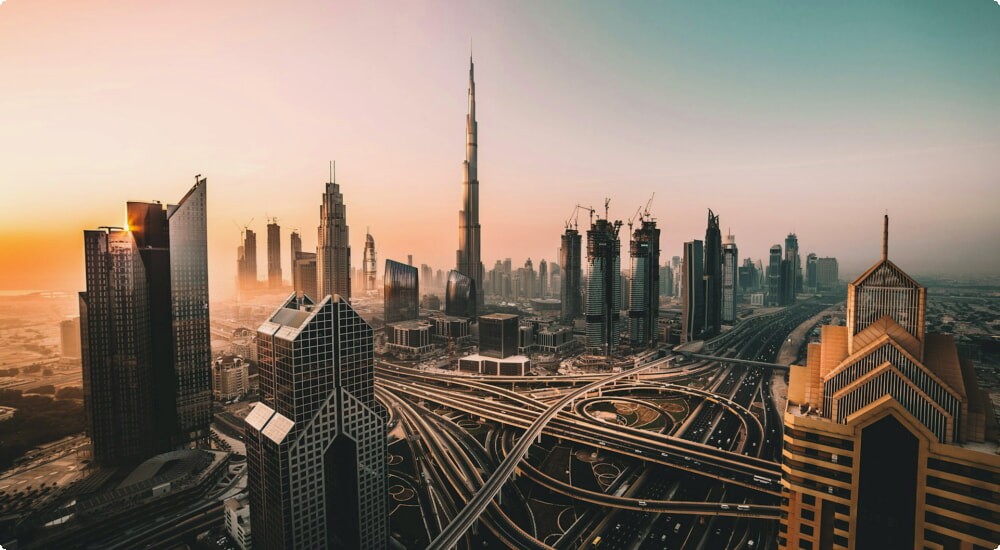
Photo by David Rodrigo on Unsplash
-
Ain Dubai
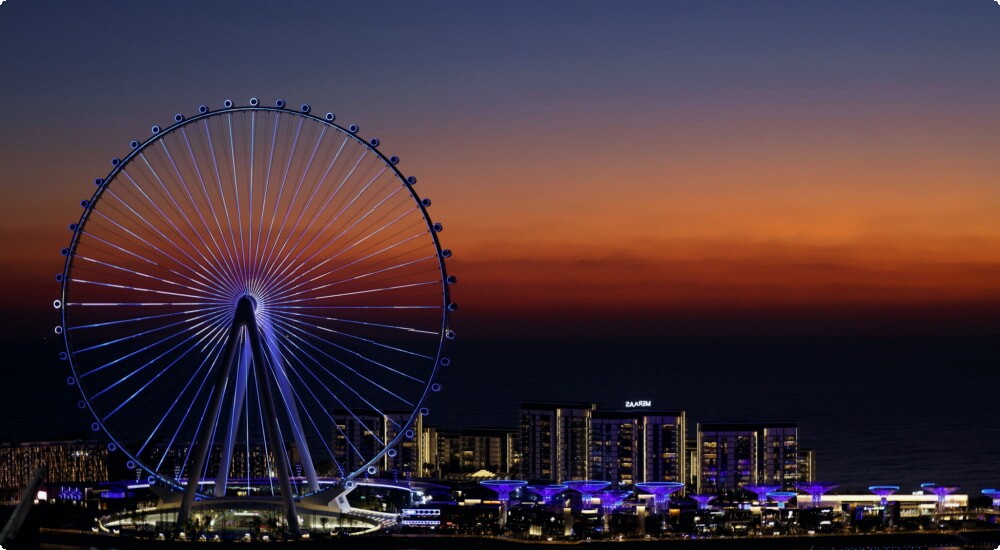
Ain Dubai offers incredible panoramic views over Dubai coastlines dotted with landmarks; located at Bluewaters Island presenting another proof that testifies to Dubai’s aim to immediately secure a myriad of unique or record-setting attractions like Ain Dubai which apart from serving as viewing platform also has entertainment facilities such dining places shopping malls etcetera.
Advancements in Technology for Tourism
Technology has become critical in shaping the future of tourism in Dubai. From virtual reality experiences to smart tourism initiatives, Dubai is using technology to upgrade the tourist experience.
-
Smart Dubai
This initiative aims at making Dubai the happiest and smartest city in the world which focuses on using technology to improve service delivery and efficiency in all sectors including tourism. For instance, tourists can get real-time information about attractions, events, and transportation through Dubai Smart City App.
-
Virtual Reality and Augmented Reality
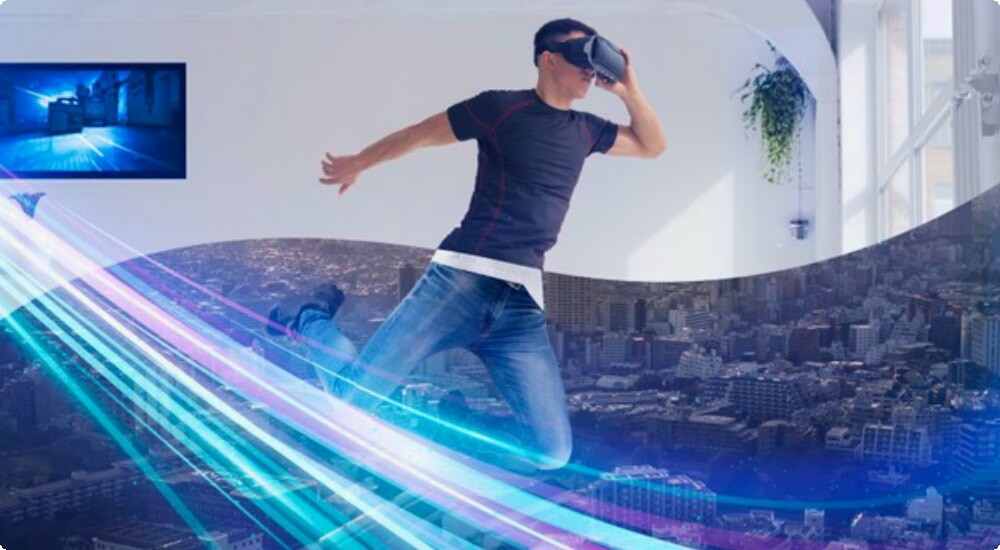
Dubai has turned to VR and AR as ways to provide tourists with engaging experiences. Visitors could use such places like VR Park Dubai to go on extreme sports or even outer space adventures within an artificial environment. On the other hand, AR apps are interactive guides which give information while it can be used in decorating physical environment with virtual objects.
Designed by Freepik.
-
Blockchain in Tourism
The Department of Tourism and Commerce Marketing (DTCM) of Dubai is investigating how blockchain can simplify operations and improve visitor satisfaction levels this time around too after finding success previously by introducing it into their systems across several departments including hotel reservations or even having single tourist loyalty program among others that would eliminate inefficiencies during traveling towards/within our emirate city.
Dubai’s Growth Aspiration
Dubai's tourism future vision is more than attracting more tourists, but to make a sustainable and inclusive environment that is advantageous to both the visitors and the locals. The 2040 Urban Master Plan for Dubai offers an extensive approach towards urbanization focusing on high-class living conditions, promoting ecological towns as well as diversifying the economy through tourism and technology.
-
Sustainability
The idea of sustainability forms the basis upon which the future plans for tourism in Dubai rest. Projects like Sustainable City and Mohammed Bin Rashid Al Maktoum Solar Park symbolize commitment to green energy and sustainable urban life. These initiatives contribute to environmental conservation, besides providing distinctive tourist experiences based on global sustainability trends.
-
Cultural Tourism and Heritage
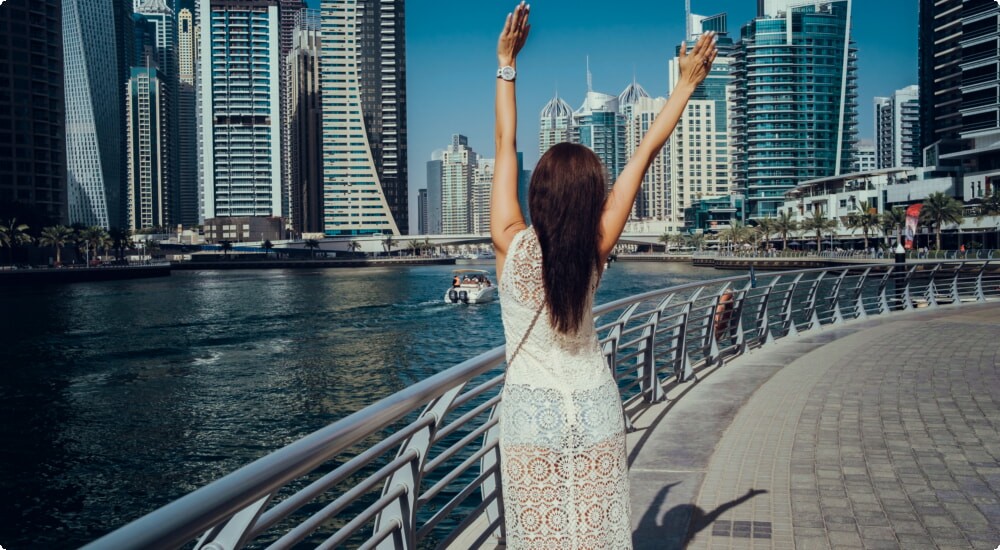
Dubai realizes importance of cultural tourism, heritage informed public while investing in projects to honor its history and traditions. The Al Shindagha Museum and the Dubai Historical District project preserves the cultural heritage of Dubai which offers a deeper understanding to tourists about the origin of this city.
-
Hospitality Industry Expansion
Dubai has been expanding its hospitality industry with an aim of diversifying the nature of accommodation available. By developing luxury resorts among others, boutique hotels, eco-friendly accommodation facilities etc., this project will cater for various tastes and budgets. This has been made in line with the ambitious growth of Dubai as a tourist destination; and the development of luxury apartments in Dubai, UAE is an indication that the city is determined to offer world-class living experiences to both tourists and citizens. These apartments provide unmatched comfort and are fitted with modern facilities that will help enhance accessibility to various attractions in the city thus further establishing Dubai as one of the top global destinations. This expansion is very strategic because it will cater for an expected rise in tourist numbers due to Expo 2020 among other major events.
Embracing Digital Nomad Culture
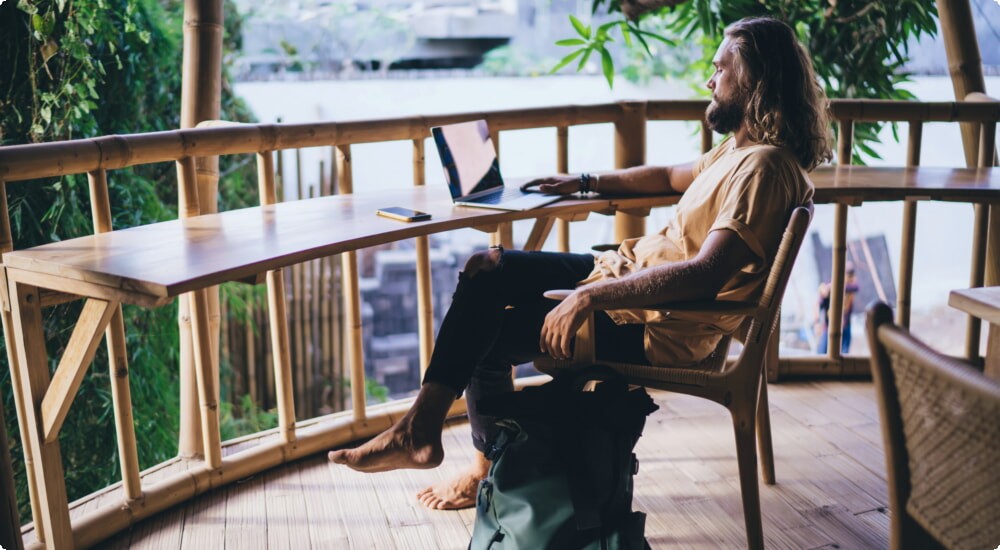
In addition to architectural marvels and technological progress, Dubai’s goal is to become a hub for digital nomadism globally attracting freelancers who work online from around the world. Developing long-stay programs, remote working opportunities are also part of this grand plan which aims at attracting new breed of travelers – those who mix work with leisure activities (BBC News). The introduction of digital visas for digital nomads together with provision of up-to-date co-working spaces integrated by high-speed internets renders Dubai one among ideal cities where professionals would want to work.
Exploiting Expo 2020’s Legacy
However, the impact that Expo 2020 had on Dubai as a tourist destination cannot be understated even after its conclusion . This event demonstrated that Dubai was capable of holding global events on a large scale thus setting a new standard for international gatherings (Kotler et al., 2017). Henceforth, District 2020 will transform these structures into mixed-used premises intended to foster innovation, art culture as well as environmental conservation all at once. It is also projected that businesses will be attracted here hence enhancing sustainability status as an avant-garde city in the world thereby enhancing further its reputation as a city of the future. The fact that Expo site will continue to be utilized fits well with sustainable urban development aims of Dubai and forms a lasting location for cultural, educational and recreational activities hence ensuring that impact on tourism and economy lasts beyond the Expo.
Conclusion
Dubai’s future in tourism is a strategic transformation towards sustainability, creativity and diversity, not just continuation of its past successes. These new attractions, technological advancements and adaptive strategies put Dubai in an even better position to make visitors have more diverse experiences. If it looks forward as it does now, it is still committed to being the most visited and revisited place worldwide where each individual visitor finds something new everyday (Gladwell 31). Ambition along with innovation underscores the relevance of sustainability for Dubai’s tourism industry which sets benchmarks globally.